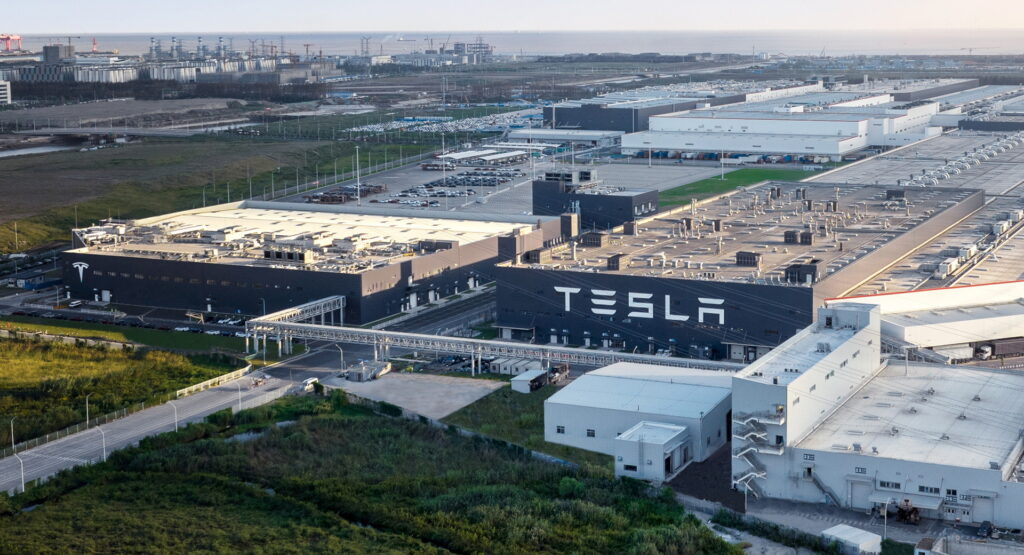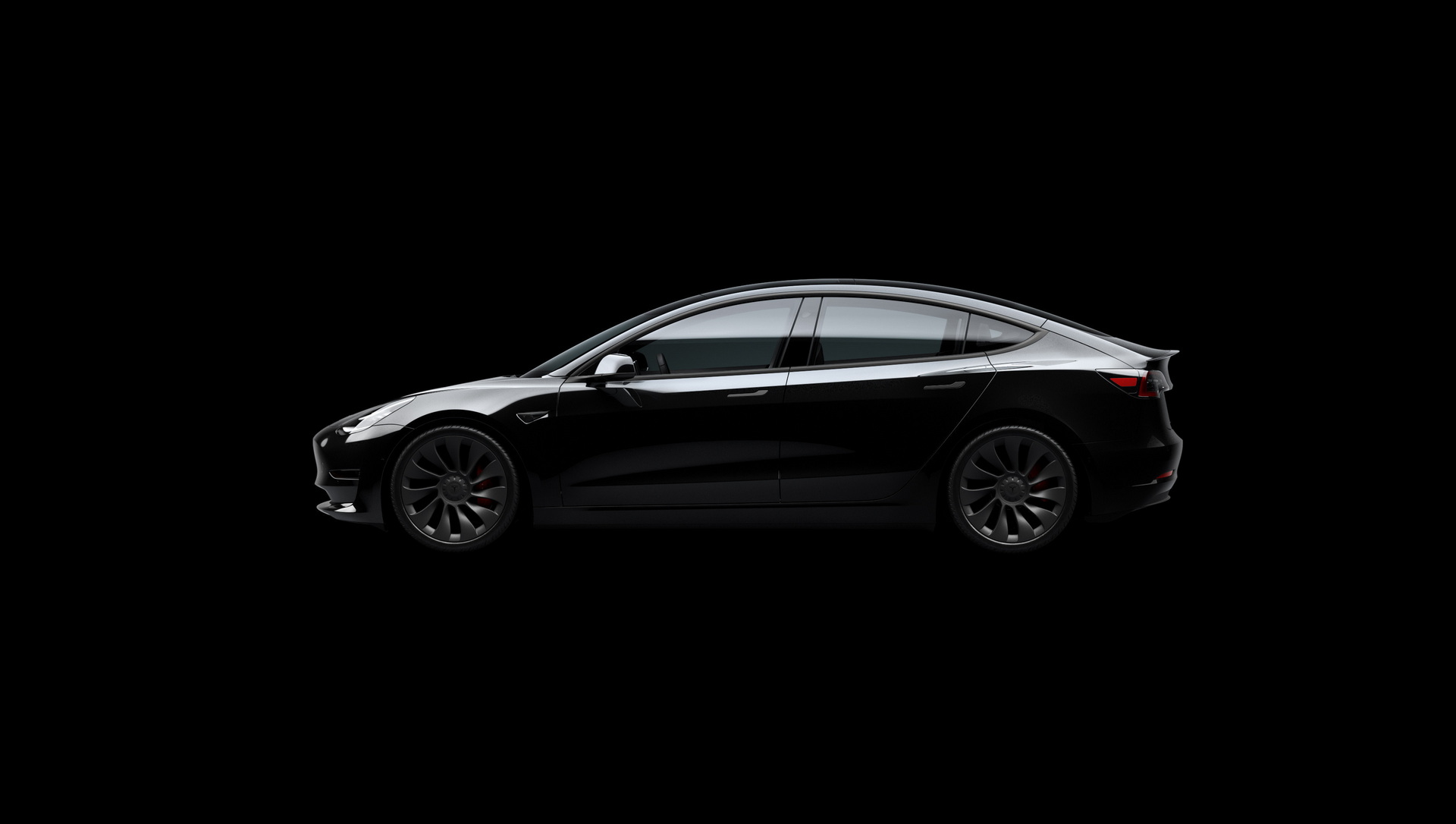Tesla CEO Elon Musk has denied a report from today claiming that the automaker will ship Chinese cars to North America. Responding to the story on Twitter, Musk simply wrote “False” without further explanation.
Earlier today, after speaking with two people with “two people with knowledge of the planning”, Reuters reported that Tesla will soon begin to export vehicles it builds in China to the U.S., due to the rising prices of American-made vehicles, growing production capacity in China, and the potentially shrinking demand for vehicles from its plant in Shanghai.
The people who were not named told the news agency that the automaker is investigating whether or not all of the parts Tesla supplies for the China-made vehicles comply with U.S. regulation. That could also open a channel for exports to Canada. As it stands, all of the vehicles that the automaker sells in the U.S. and Canada are made at its plants in Fremont, California, and Austin, Texas.
Read: President Biden Says Elon Musk’s Relationships With Other Countries “Worthy Of Being Looked At”
False
— Elon Musk (@elonmusk) November 11, 2022
As demand for the automaker’s vehicles has grown, rumors have emerged that it was looking at plants and facilities in both Canada and Mexico. Both may be preferable to importing from China because of the 27.5 percent tariff on cars and the 25 percent duty on light trucks from the market.
Tesla’s plant in China, though, was recently expanded and can now make 1.1 million vehicles annually. That comes as its plant in Berlin ramps up and will likely take over some of the European demand for vehicles that were formerly imported from Shanghai.
Those factors mean that, although Tesla had been selling or shipping every single vehicle that left its Chinese plant, unsold inventory rose in October by the highest margin since the plant opened, according to local data.
In addition, the Chinese EV market is currently on the cusp of a price war, according to local analysts. In response, Tesla reduced the prices for the Model 3 and the Model Y by as much as nine percent last month.
That means that Chinese customers now pay the equivalent of less than $50,000 for the Model Y, which costs $65,990 in the U.S. With that price gap, it may become worthwhile to import vehicles from China even with the tariffs.
If it does choose to import vehicles from China, though, those vehicles may not be eligible for all of the tax incentives offered by the Inflation Reduction Act, a piece of legislation that Tesla thought it would benefit greatly from.





